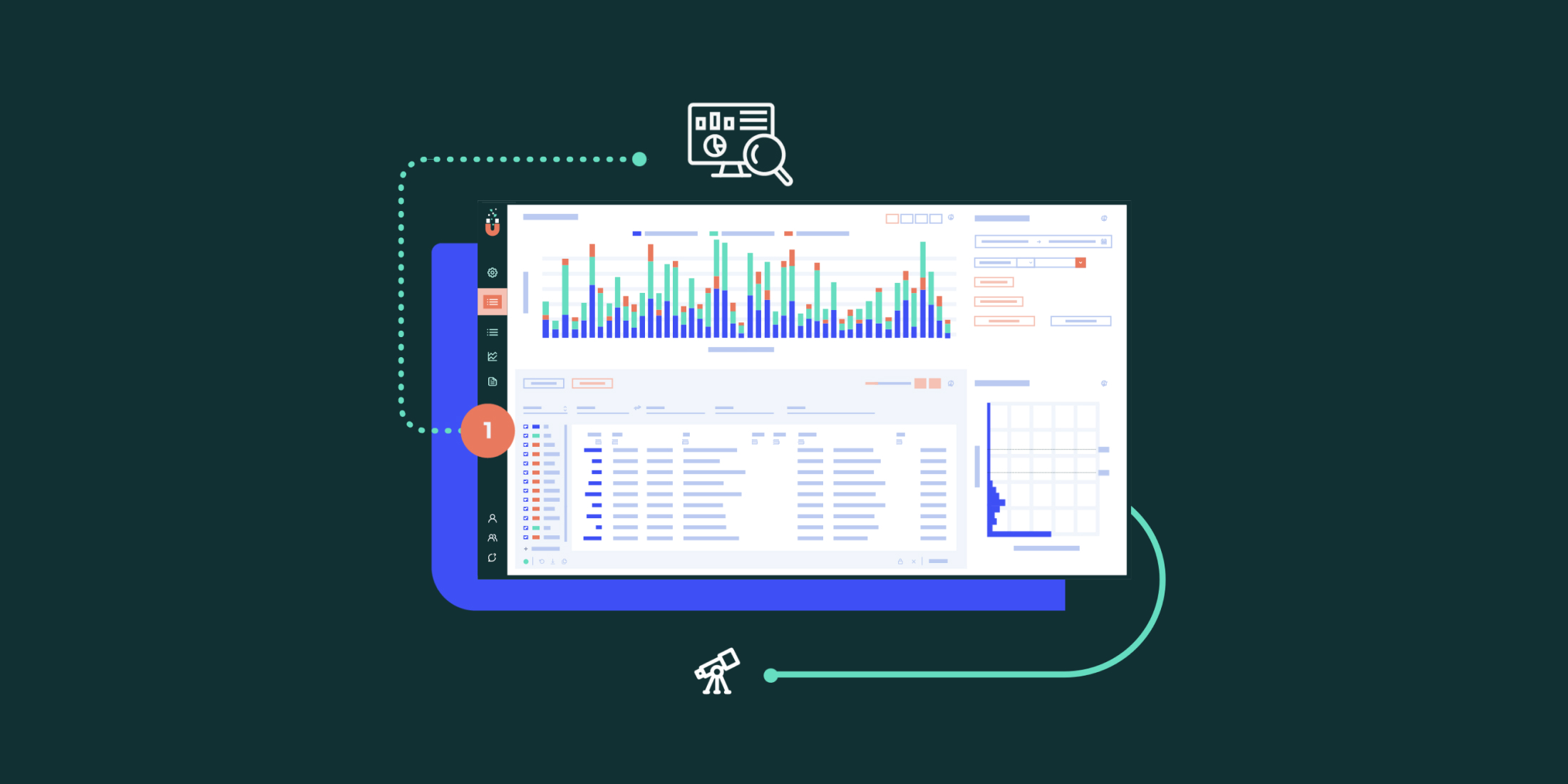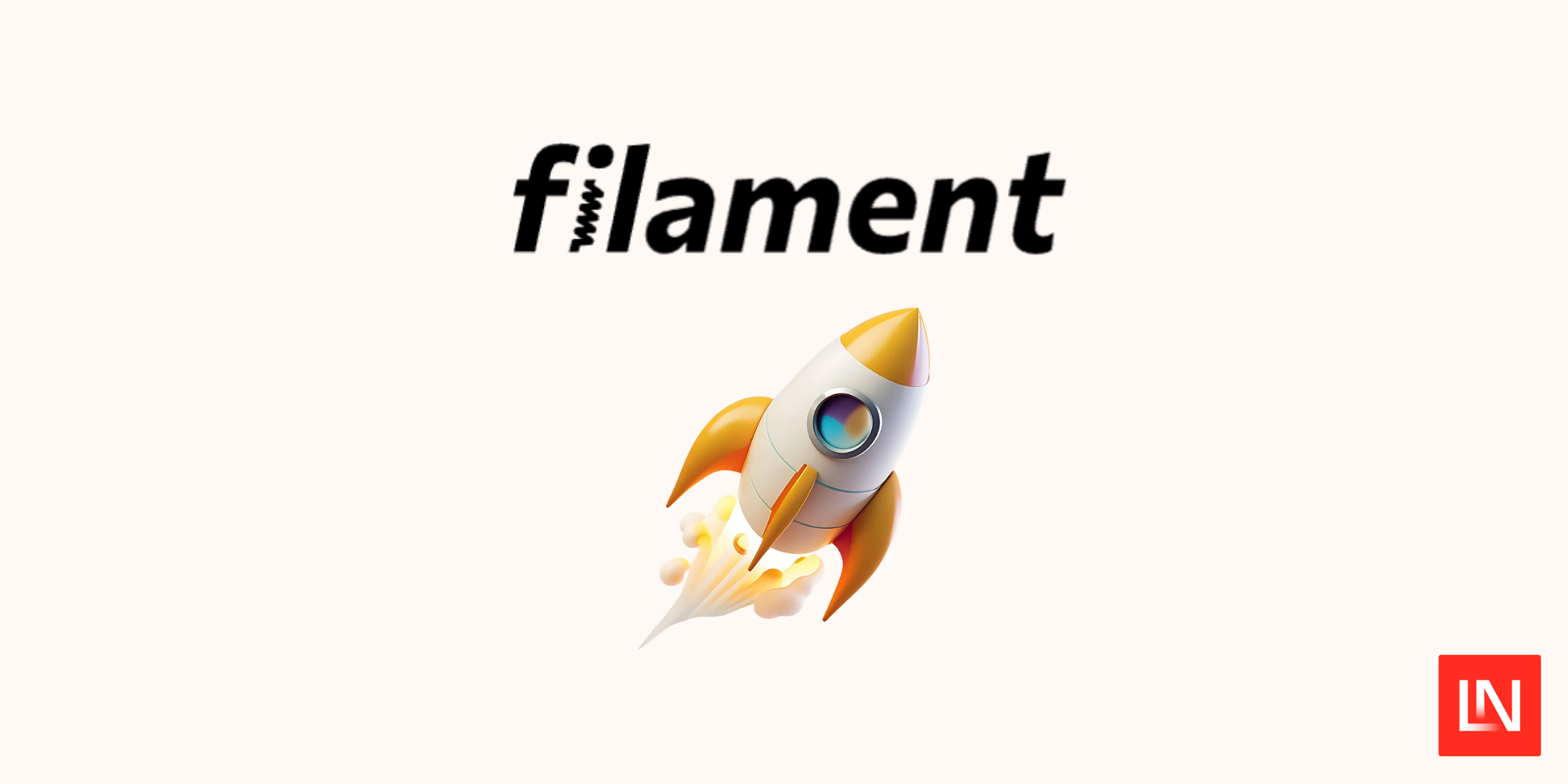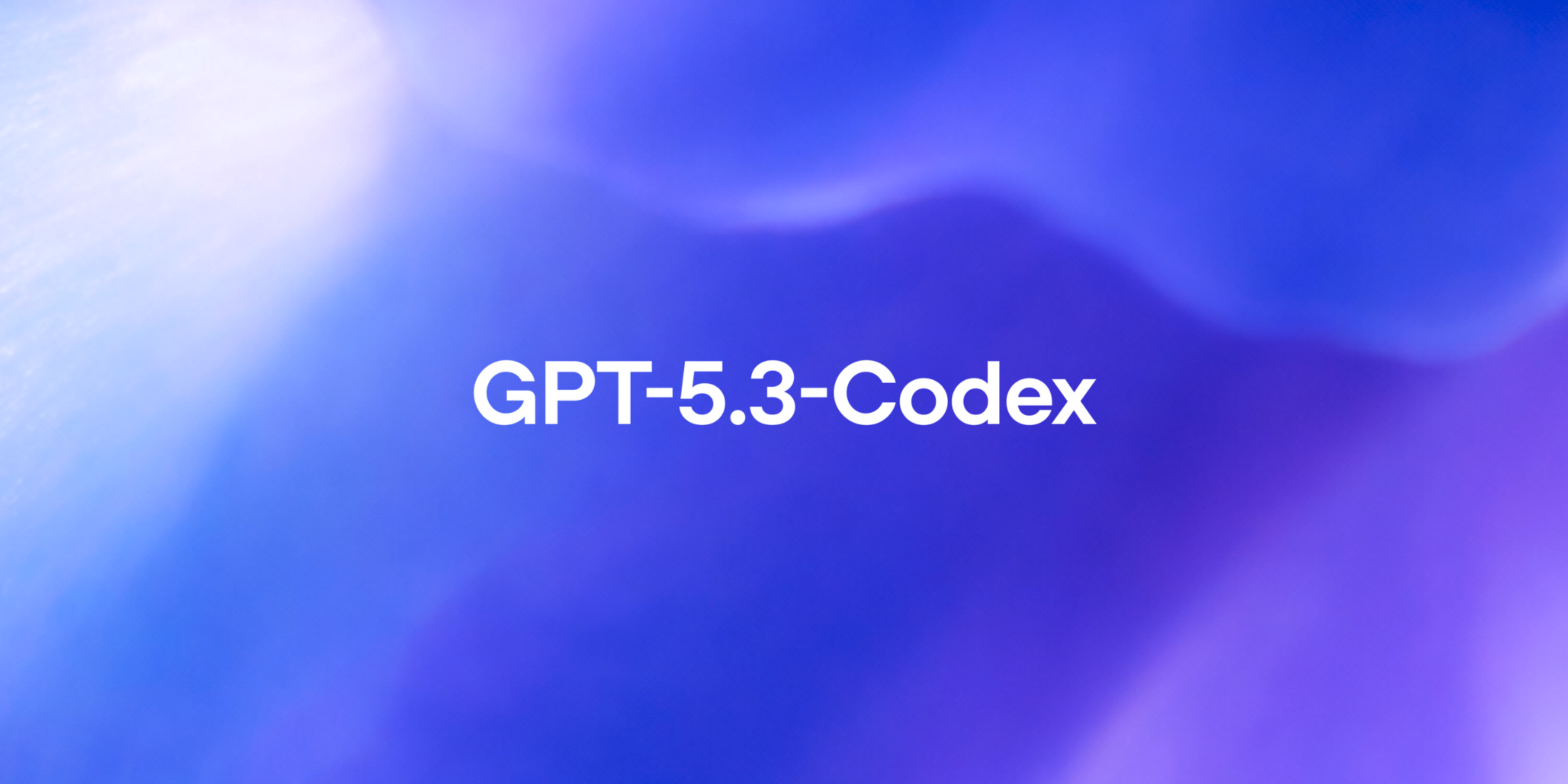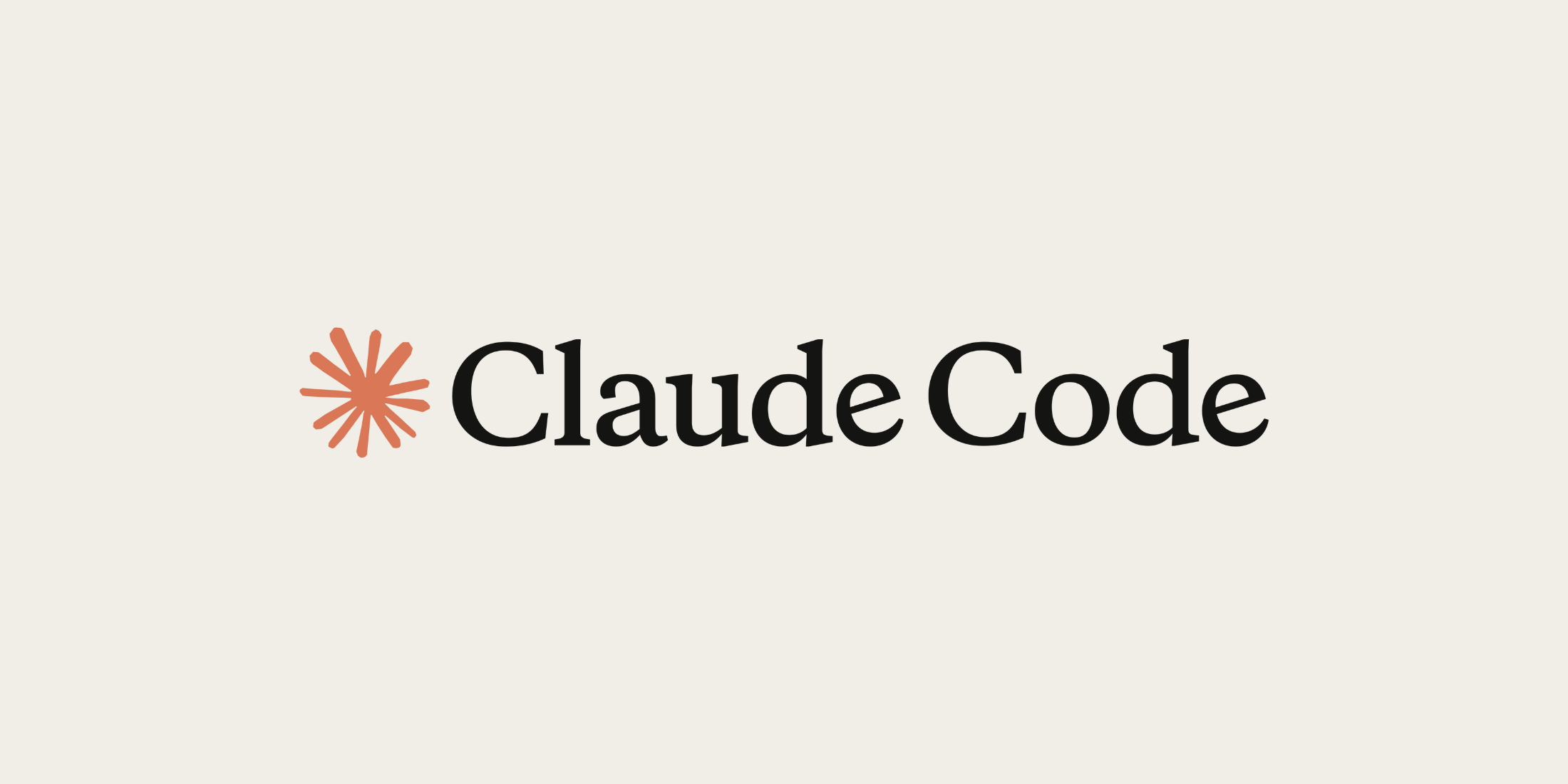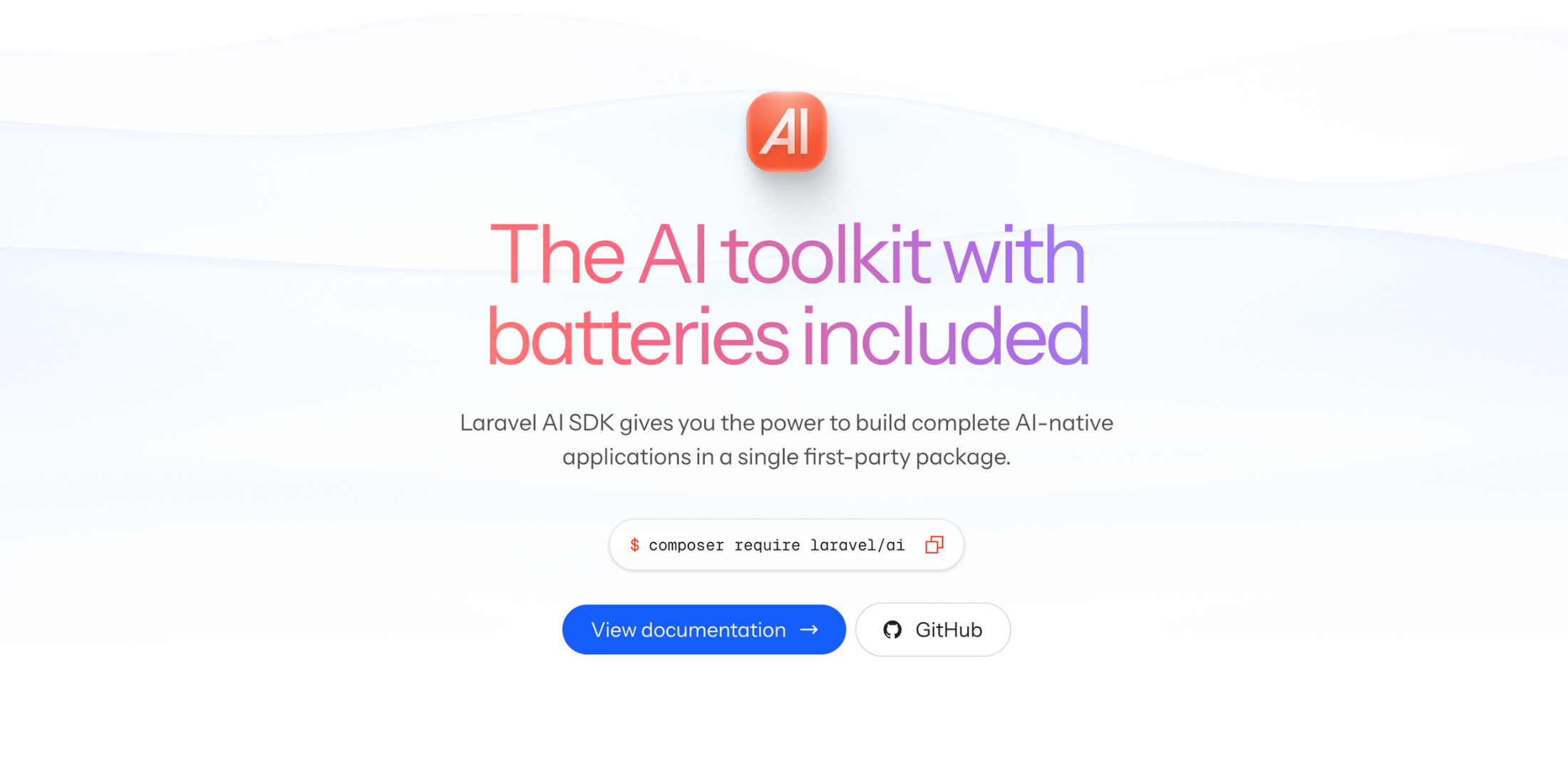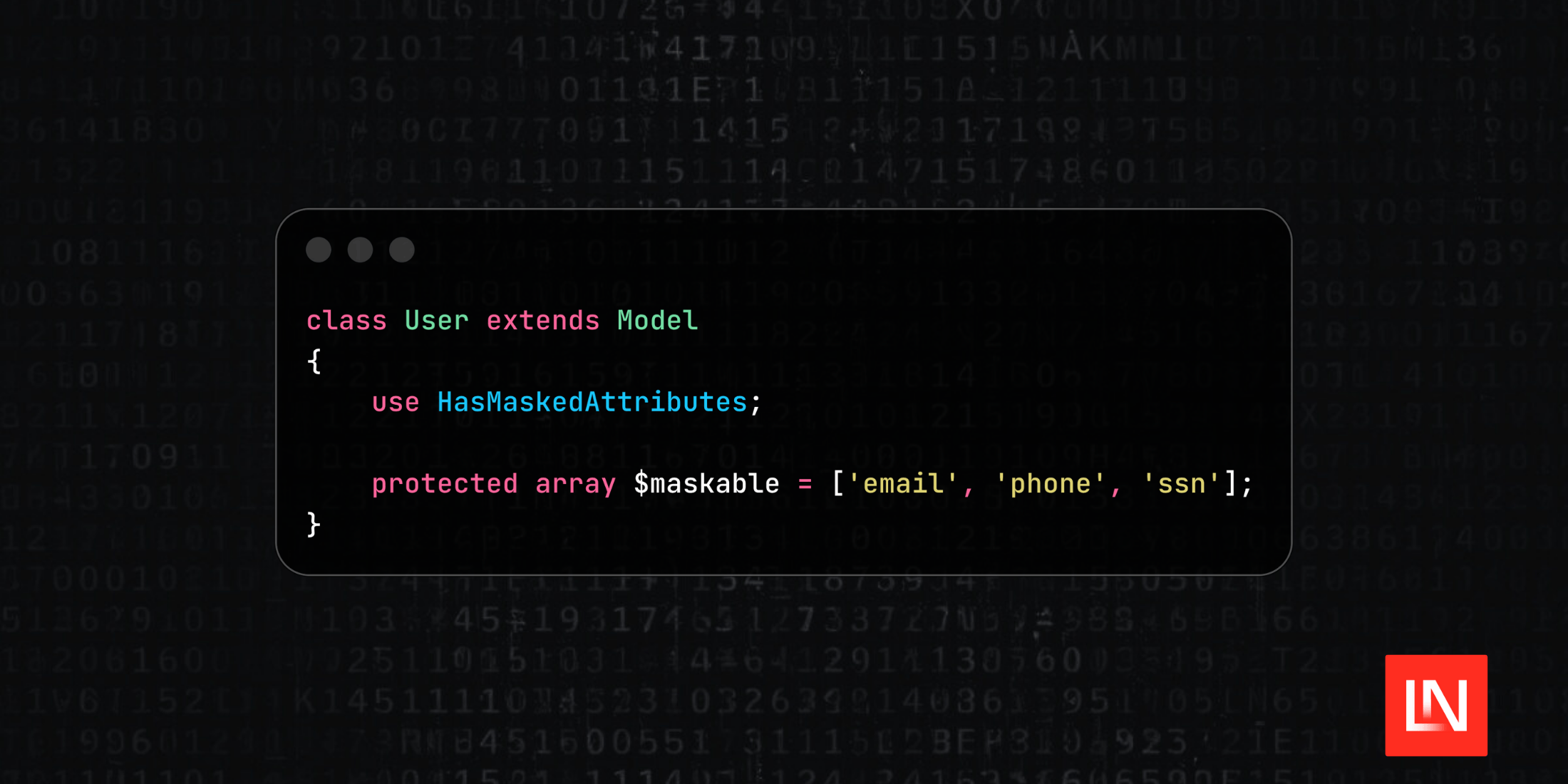Are you looking for an all-in-one solution to monitor and optimize your systems? Look no further than TelemetryHub, a comprehensive and cost-effective observability platform. With its user-friendly interface, you can easily access all data points from a single dashboard. Advanced diagnostic tools and spreadsheet-like displays allow for easy analysis of high-performance, wide datasets and responsive visualizations provide quick insights into your data. Say goodbye to expensive diagnostic tools and hello to TelemetryHub.
TelemetryHub works with open-source tools so that you are always in control of your data and provides a reliable endpoint for all telemetry data. So why choose TelemetryHub as your observability partner? Read on to find out more about how TelemetryHub can help your dev team!
What is TelemetryHub?
If you need more insight into your systems, TelemetryHub is an observability platform that offers a wide variety of tools to help you do just that. It offers an intuitive user interface, advanced diagnostic tools, two spreadsheet-esque displays for easy analysis of high-performance, wide datasets, and responsive visualizations for quick insights into your data.
TelemetryHub also works with open-source tools so that you are always in control of your data and provides a reliable endpoint for all telemetry data.
How TelemetryHub helps your DevOps team
TelemetryHub is an invaluable tool for DevOps teams, as it provides a comprehensive set of features to help them gain visibility into their systems. With its intuitive user interface, TelemetryHub allows DevOps teams to quickly and easily access all the data points in their system from a single dashboard.
TelemetryHub is the Swiss Army Knife for observability for DevOps teams. It provides a comprehensive set of features to help them gain visibility into their systems, allowing them to quickly and easily access all the data points in their system from a single dashboard.
Why choose TelemetryHub as your full stack monitoring partner?
TelemetryHub is the ideal observability partner for any DevOps team. Its comprehensive set of features and intuitive user interface allows for quick and easy access to all data points in your system from a single dashboard.
Here are some of the advantages:
Responsive Data Visualization
TelemetryHub is a modern and advanced full stack monitoring platform that gives users a streamlined view of all their system performance. The platform allows users to visualize data as it streams in, enabling developers to start investigating their data right away. With the help of responsive visualizations, users can quickly identify trends in their data and take corrective action before issues occur.
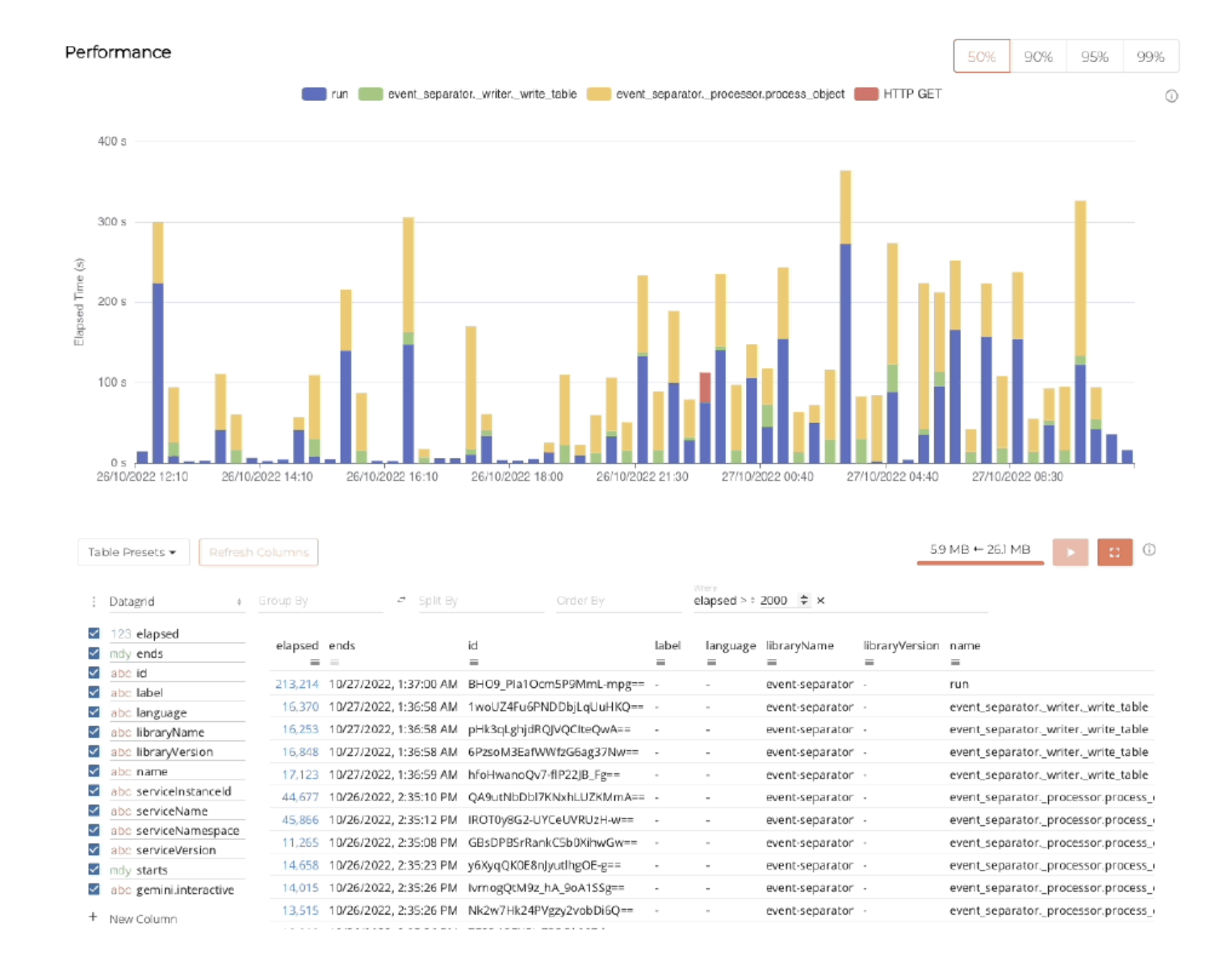
Out-of-the-box Advanced Diagnostic Tools
Advanced diagnostic tools are provided by TelemetryHub to assist developers in easily filtering data for quickly identifying and resolving system anomalies. Users can troubleshoot the root cause of any problem and take the necessary actions to ensure optimal system performance. With out-of-the-box filters, users can easily preprocess their data to save on ingestion costs and apply those filters to streaming data for immediate investigation.
High-Performance, Wide Datasets
TelemetryHub offers a powerful and intuitive user interface that allows users to quickly and easily access high-performance, wide datasets. With its real-time data visualization capabilities, it enables users to identify potential issues before they become problems. Wide data sets allow for easy identification of trends, enabling users to take proactive measures to address any issues. easy-to-use spreadsheet-like interface
Correlated Traces, Logs and Metrics
TelemetryHub provides a single pane of glass for all your logs, metrics and traces. Instead of spending time trying to connect logs and tracing data between different tools, TelemetryHub has the ability to correlate your distributed traces to your logs out of the box. With all your system data in one place, development teams can flexibly move between logs, metrics and traces data, reducing MTTR. Best of all, TelemetryHub allows teams to share these valuable insights with the whole organization at no additional cost.
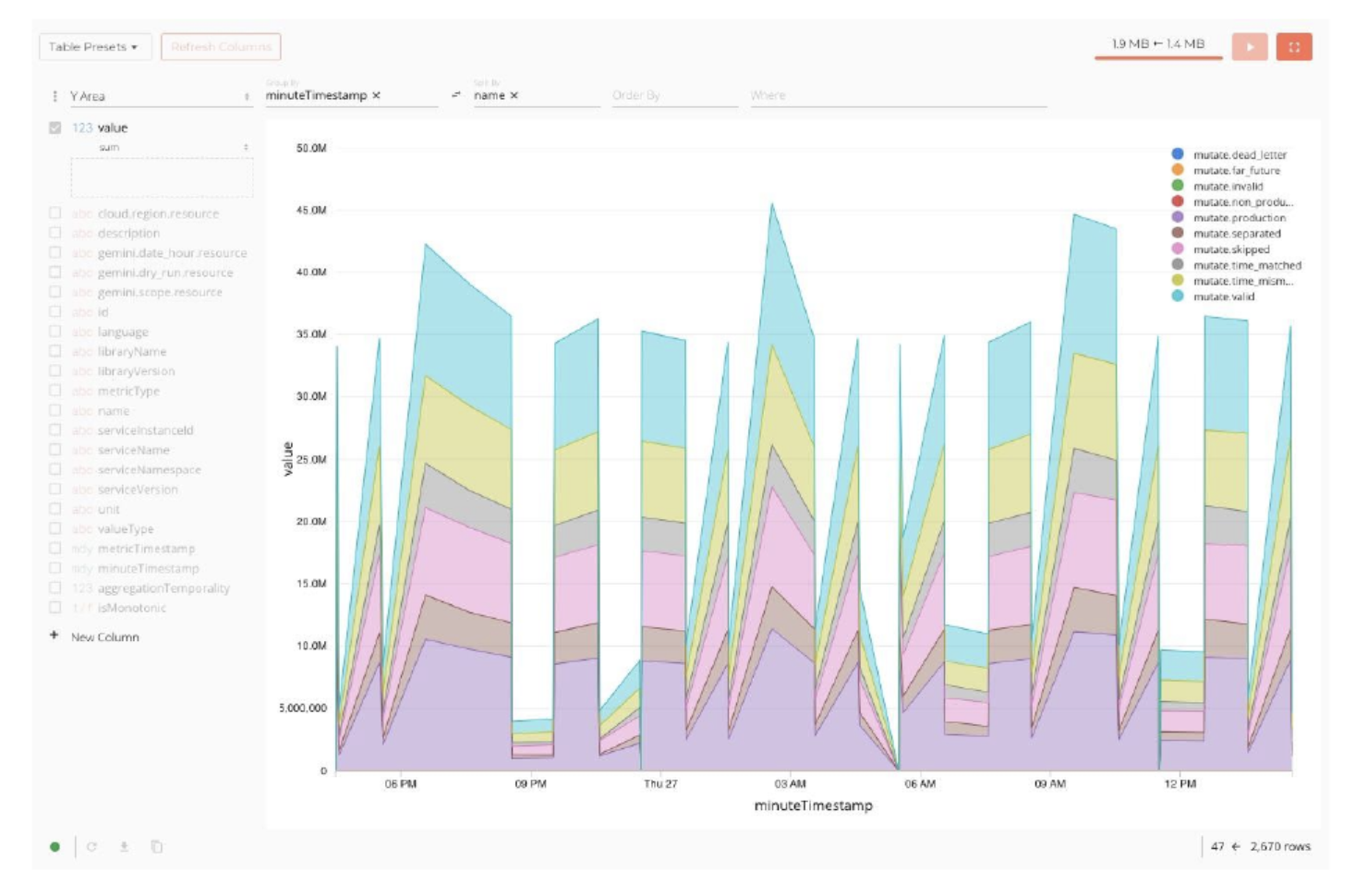
Open-Sourced
DevOps teams can have full control over their data and customize their observability platform to suit their specific needs through integration with open-source tools using TelemetryHub. This integration enables users to easily incorporate third-party applications into their system, access data quickly, avoid vendor lock-in and ensure that their data remains secure and private. Additionally, TelemetryHub has support for the open source project, OpenTelemetry,
How TelemetryHub Works
TelemetryHub works by collecting telemetry data from various sources such as applications, servers, and cloud services. This data can include metrics, traces, and log data. The platform ingests this data and stores it in a time-series database, which allows for real-time analysis and visualization of the data.
The platform provides an easy-to-use user interface that allows users to view their data in real-time. Users can create custom dashboards with interactive charts and graphs, which provide an easy way to monitor system performance. The platform also allows users to set alerts based on specific conditions, so they can be notified of potential issues in a timely manner. In addition to real-time data visualization, TelemetryHub also provides advanced diagnostic tools such as Application Performance Management (APM), tracing, and logging. This allows DevOps teams to quickly identify the root cause of any performance issues and take the necessary actions to ensure optimal system performance. The platform also allows users to create custom queries to perform specific data analysis tasks.
Finally, TelemetryHub also provides an API that allows users to extract data from the platform and integrate it with other tools such as custom dashboards and third-party applications. This allows DevOps teams to have full control over their data and customize their observability platform to fit their specific needs.
What Makes TelemetryHub the Swiss Army Knife For Full Stack Monitoring?
TelemetryHub is a powerful observability platform that provides users with the ability to collect, store, and analyze data from multiple sources. It's designed to be an all-in-one solution for monitoring and troubleshooting applications and infrastructure.
TelemetryHub is considered the Swiss Army Knife for full stack monitoring because it offers a wide range of features that are essential for DevOps teams to monitor, troubleshoot, and optimize their systems.
One of the key features that makes TelemetryHub a versatile tool is its ability to collect and analyze high-cardinality system data from various sources such as applications, servers, and cloud services by either pointing your SDKs or through a simple OpenTelemetry Collector configuration. This data is ingested, stored in a time-series database, and can be analyzed in real-time. This allows engineering teams to have a comprehensive view of their systems, which enables them to identify and troubleshoot performance issues quickly.
Final Thoughts
With TelemetryHub, you'll get real-time insights into the health and performance of your applications, ensuring seamless operation of your systems and catching issues before they become problems. It's an all-in-one solution that eliminates the need for costly, complicated monitoring tools and provides you with a better overall monitoring experience. With its powerful features and flexible pricing options, TelemetryHub is the smart choice for full stack monitoring. Its flexibility and customization options makes it an ideal tool for devops teams to monitor, troubleshoot, and optimize their systems.
If you're looking for an all-in-one full stack monitoring and observability platform that can provide you with real-time insights into your system performance, then look no further than TelemetryHub. Try it today and see how it can help you monitor and troubleshoot applications and infrastructure from anywhere!

